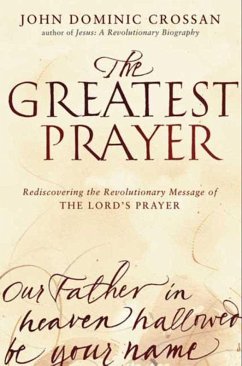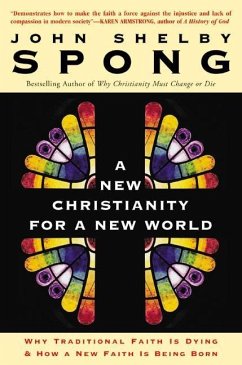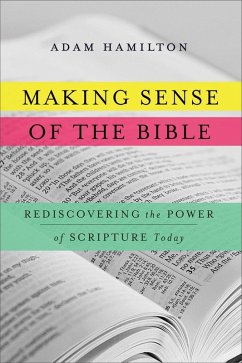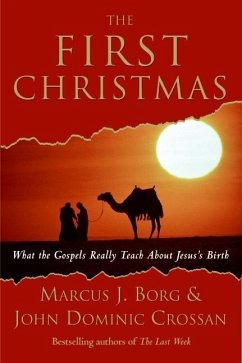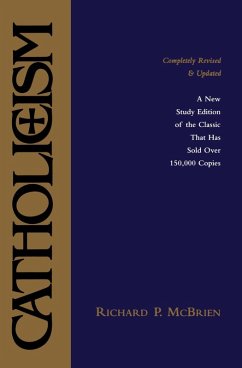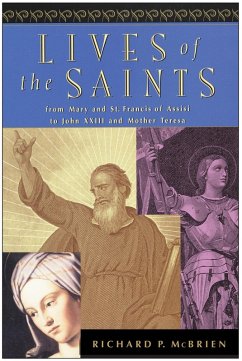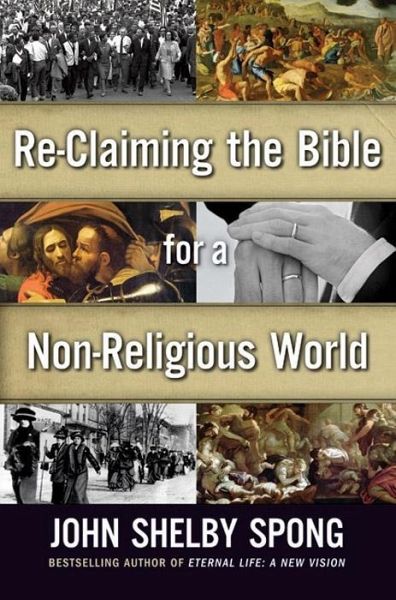
Re-Claiming the Bible for a Non-Religious World (eBook, ePUB)

PAYBACK Punkte
0 °P sammeln!
In Re-Claiming the Bible for a Non-Religious World, bishop and social activist John Shelby Spong argues that 200 years of biblical scholarship has been withheld from lay Christians. In this brilliant follow-up to Spong's previous books Eternal Life and Jesus for the Non-Religious, Spong not only reveals the crucial truths that have long been kept hidden from the public eye, but also explores what the history of the Bible can teach us about reading its stories today and living our lives for tomorrow.Sarah Sentilles, author of Breaking Up With God: A Love Story, applauds John Shelby Spong's Recl...
In Re-Claiming the Bible for a Non-Religious World, bishop and social activist John Shelby Spong argues that 200 years of biblical scholarship has been withheld from lay Christians. In this brilliant follow-up to Spong's previous books Eternal Life and Jesus for the Non-Religious, Spong not only reveals the crucial truths that have long been kept hidden from the public eye, but also explores what the history of the Bible can teach us about reading its stories today and living our lives for tomorrow.
Sarah Sentilles, author of Breaking Up With God: A Love Story, applauds John Shelby Spong's Reclaiming the Bible for a Non-Religious World, writing that pulsing beneath his brilliant, thought-provoking, passionate book is this question: can Christianity survive the education of its believers?...A question Bishop Spong answers with a resounding yes.
Sarah Sentilles, author of Breaking Up With God: A Love Story, applauds John Shelby Spong's Reclaiming the Bible for a Non-Religious World, writing that pulsing beneath his brilliant, thought-provoking, passionate book is this question: can Christianity survive the education of its believers?...A question Bishop Spong answers with a resounding yes.
Dieser Download kann aus rechtlichen Gründen nur mit Rechnungsadresse in A, B, BG, CY, CZ, D, DK, EW, E, FIN, F, GR, HR, H, IRL, I, LT, L, LR, M, NL, PL, P, R, S, SLO, SK ausgeliefert werden.




